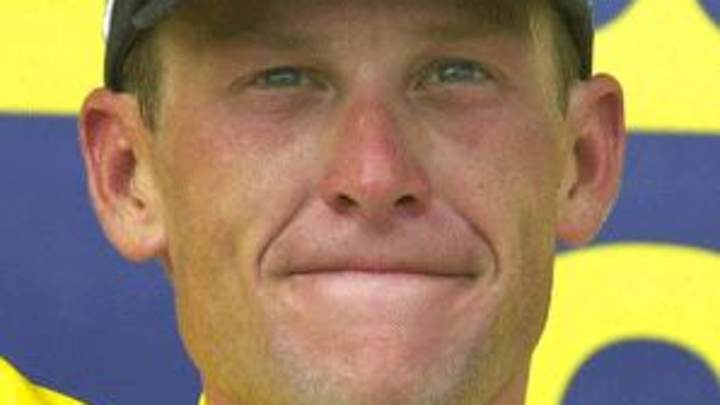Lance Armstrong talks exclusively about doping, lawsuits, lies

A few weeks ago, I discovered I had a new Twitter follower: Lance Armstrong. I thought it was a little odd because I don't cover cycling and the times I've written about Armstrong's legal issues I've often sharply criticized him. Nonetheless, I was intrigued. Soon we began corresponding privately and last week Armstrong invited me to his house in Austin for an interview. I write about the experience in this week's issue of Sports Illustrated, which hits newsstands on Wednesday (buy a digital version of the magazine here). Here are some of the highlights.
It was Armstrong's first interview since he sat down with Oprah in January. Our meeting was much more private; only he and I were in the room and there were no cameras or recording devices. It was an intense, sometimes contentious, conversation that lasted for about three hours.
Much of the interview was off the record, and when Armstrong went on the record he didn't want to be quoted, but was OK with being paraphrased. There were no limits on what I could ask. One of Armstrong's most interesting revelations was that he was strongly considering giving Tom Brokaw his first interview, but ultimately went with Oprah. Armstrong also mentioned that instead of interviewing with a television personality, he thought about producing a short online video in which he would have spoken directly to a camera about his misdeeds.
During my interview, Armstrong added details to his some of his much-criticized responses to Oprah. For instance, while he refused to lay blame elsewhere for suing people who spoke truthfully about him, he asserted that companies with which he signed endorsement contracts expected him to refute allegations. If he didn't, Armstrong believed, he might have lost those deals. If Armstrong's claim is true, would it excuse those lawsuits? Hardly. But it offers some explanation as to why he sued people he knew were telling the truth.
Armstrong also said that every top rider doped during the prime of his career and that his doping techniques were unexceptional, if not conservative. He stressed that while he lied more than other riders about doping, he was also asked about doping more than other riders, many of whom, according to Armstrong, were not prominent enough to attract media inquiry.
Although Armstrong faces a bevy of lawsuits -- including a $90 million whistle-blower suit brought by both the U.S. Department of Justice and his archrival Floyd Landis -- he looked fit and did not seem overwhelmed or stressed. He made repeated reference to fighting the lawsuits that threaten his fortune, reportedly worth about $125 million. Of course, it makes sense to show a combative spirit when it comes to litigation. The stronger he portrays himself, the more he hopes the other side will agree to settle the cases. Armstrong's history suggests he is nothing if not strategic (many would say manipulative), so his appearance may not match reality.
Michael McCann is director of the Sports and Entertainment Law Institute at the University of New Hampshire School of Law and the distinguished visiting Hall of Fame Professor of Law at Mississippi College School of Law. He also directs the sports law program at Vermont Law School.

Michael McCann is a legal analyst and writer for Sports Illustrated and the founding director of the Sports and Entertainment Law Institute (SELI) at the University of New Hampshire School of Law, where he is also a tenured professor of law.